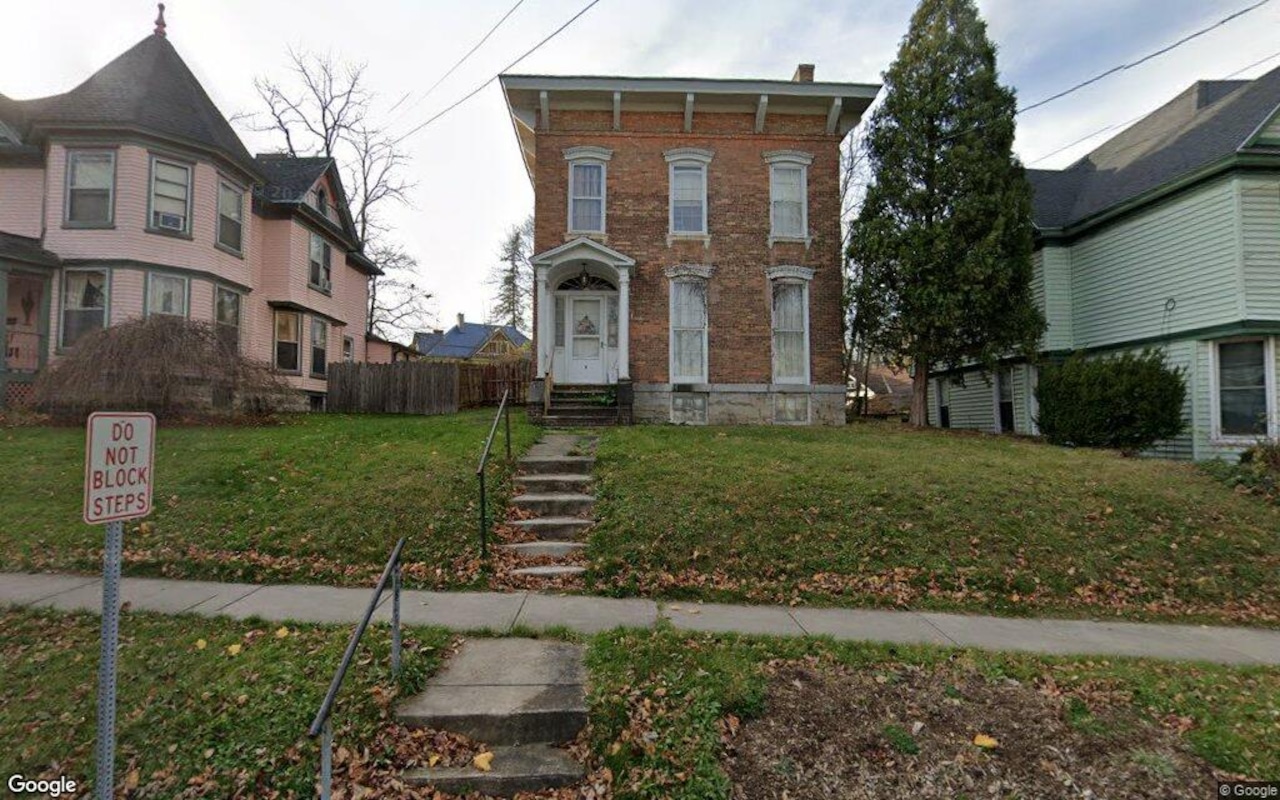W
hether it's refining your business model, mastering new technologies, or discovering strategies to capitalize on the next market surge, Inman Connect New York will prepare you to take bold steps forward. The Next Chapter is about to begin. Be part of it. Join us and thousands of real estate leaders Jan. 22-24, 2025.
The real estate industry has been mischaracterized and portrayed in numerous litigation cases, mainstream media, and by "consumer interest groups." We've been called a "cartel," accused of steering consumers to homes based on co-op compensation, and images of big bad real estate agents huddling up or gathering in a smoke-filled room with brokers as pit bosses directing the show have been created. The public has long had misconceptions about our profession, blown out of proportion due to all this.
As a result of practice changes and new ways of interacting with consumers, it's time to bust these myths for good.
Myth 1: Buyers no longer need agents to help them find a home
Debatable. The internet tells buyers everything they need, but they have zero context about what they're looking at. Agents provide inside advice and expertise on where to live, considering factors like flooded streets, neighborhood dynamics, and traffic patterns.
Myth 2: Agents do not work enough hours to justify the commissions
Wrong! We've been accused of this on multiple fronts, but we front all our time and expenses upfront on behalf of consumers with zero guarantees of compensation. Many closed sales involve months or years of nurturing buyers, dealing with market dynamics, and writing offers that don't go through.
Myth 3: Agents have minimal expenses
Ah no, that's not the case. We have out-of-pocket expenses, including monthly fees to our brokerage, board dues, continuing education, marketing, branding, and more. These costs add up quickly, making it difficult for agents to make ends meet in today's market.
Myth 4: Agents do not deserve common courtesy
Well, consumers often show little regard for an agent's time or expertise, disappearing without explanation after working with them in good faith. Agents want and need a response from the consumer, even if it's just to say they're undecided or need more time.
Myth 5: All agents are the same
Wrong! While some processes and tasks are the same, every agent brings a different approach and style of organization, communication, and presentation. Consumers should consider their needs and preferences when choosing an agent.
Myth 6: Agents make too much money
The public has long thought we do relative to the amount of "perceived" work or lack of it they think we don't do. However, agents work with a variety of clientele, and price ranges vary greatly. It's difficult to compare apples to apples, making it hard to determine an exact salary.
Myth 7: Representation should impact commissions earned
The Consumer Federation of America has alluded to this, but agents don't write the rules of agency in their state(s). They have a duty to deal honestly and fairly with consumers, regardless of representation type. Strong agents work hard on behalf of buyers and sellers they represent.
Myth 8: Agents should be paid a flat fee
These kinds of statements have been bandied about during the Sitzer-Burnett case and post-settlement. However, every transaction is different, and agents can structure compensation that works best for themselves and their consumer. A flat fee may make sense in some situations, but it's not always the best option.
We've never been set up as a "billable hour" profession, and our industry hasn't been equipped to transition to easily bill for time spent on each task, process, or offer preparation. If we did, it could be quite costly and may exceed some commissions based on a percentage vs. hourly rate.















